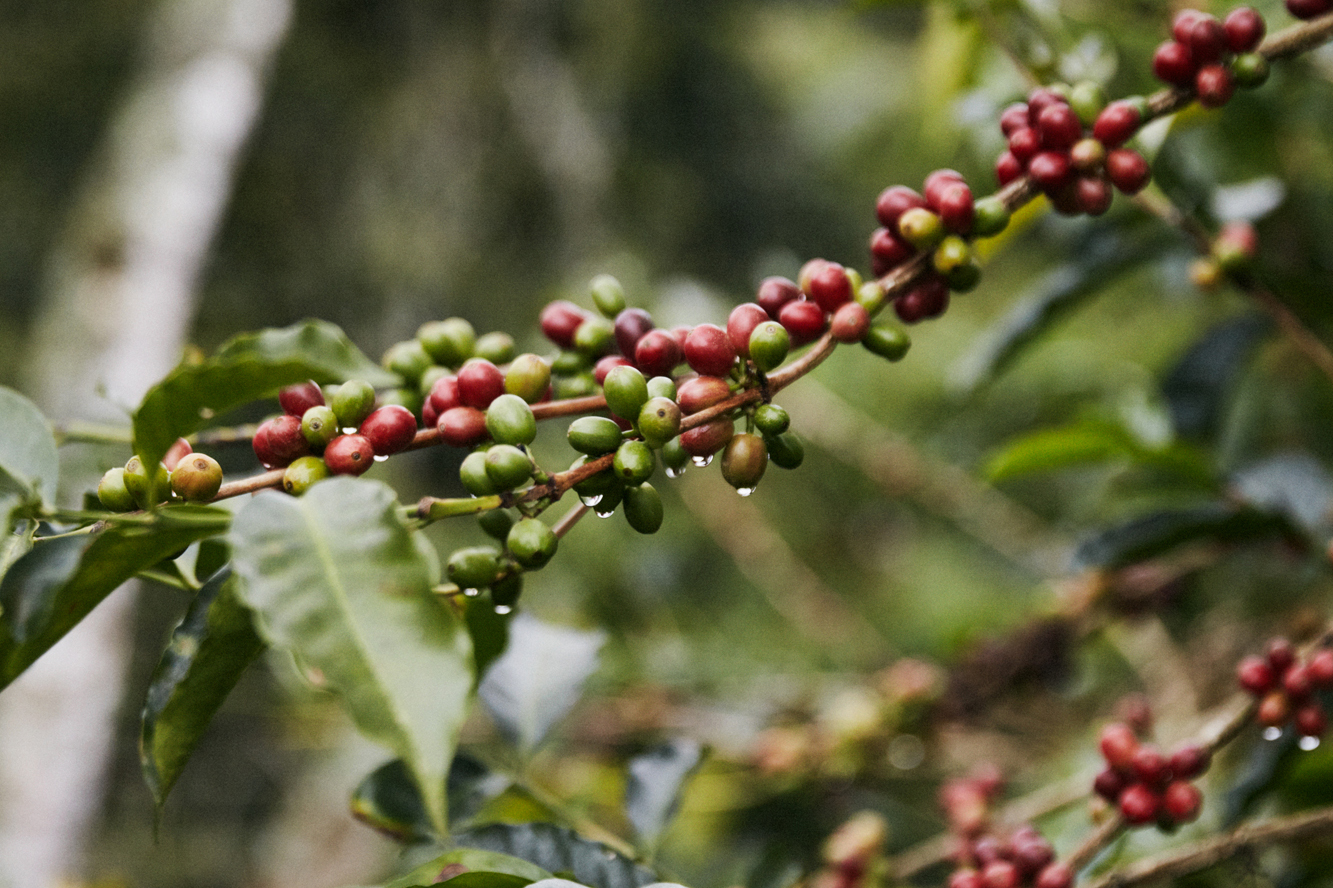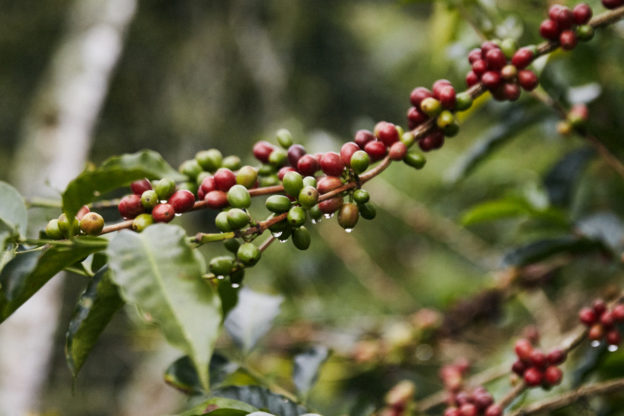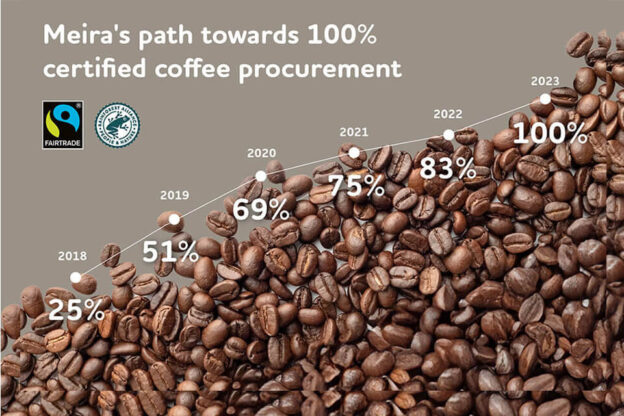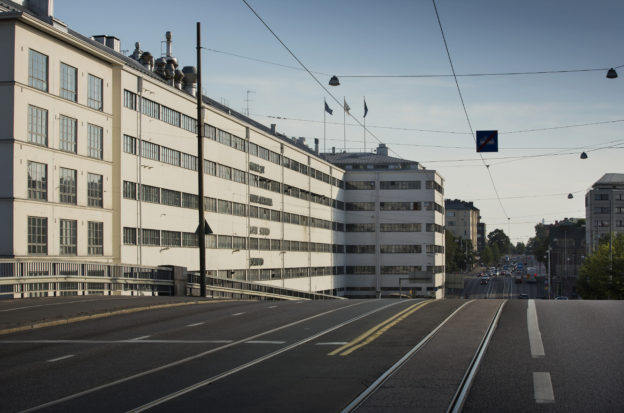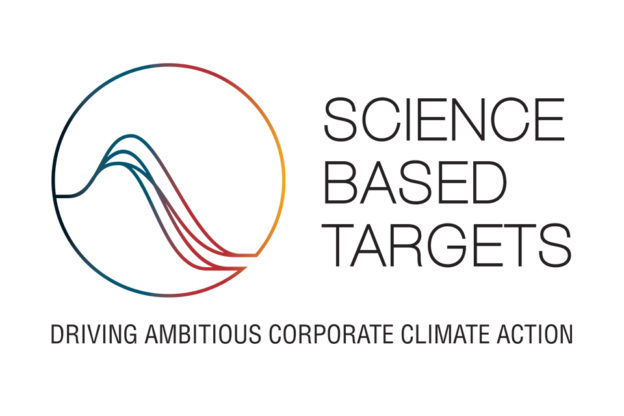We know the journey of our coffee from the country of origin to our roastery in Vallila and to the coffee tables of consumers
At the heart of our sustainability work is to provide consumers with tasty and safe products made from good and certified raw materials. All of Meira’s coffee products, with the exception of espressos and instant coffees, are still being developed and manufactured at our roastery in Vallila, Helsinki.
We know the evolving taste habits of our consumers and the journey of coffee from the village communities of the country of origin all the way to Finland. In 2021, we imported about 12.6 million kilos of green coffee. Our largest countries of origin were Honduras, Brazil, Uganda, Colombia and Kenya. In 2021, 75% of the green coffee we received was certified. In the last months of the we were already at 85% level. By the end of 2022, we are aiming for a 100% level, which means that all the green coffee that comes to us is originated from certified or verified sources. All our other coffee products, except of light-roasted Kulta Katriina Traditional, are already certified by Rainforest Alliance or Fairtrade. Most of the ingredients in Kulta Katriina Traditional have already been sustainable certified, even though there is no label on the product packaging yet.
In 2021, we imported about 12.6 million kilos of raw coffee. Our largest countries of origin were Honduras, Brazil, Uganda, Colombia and Kenya.
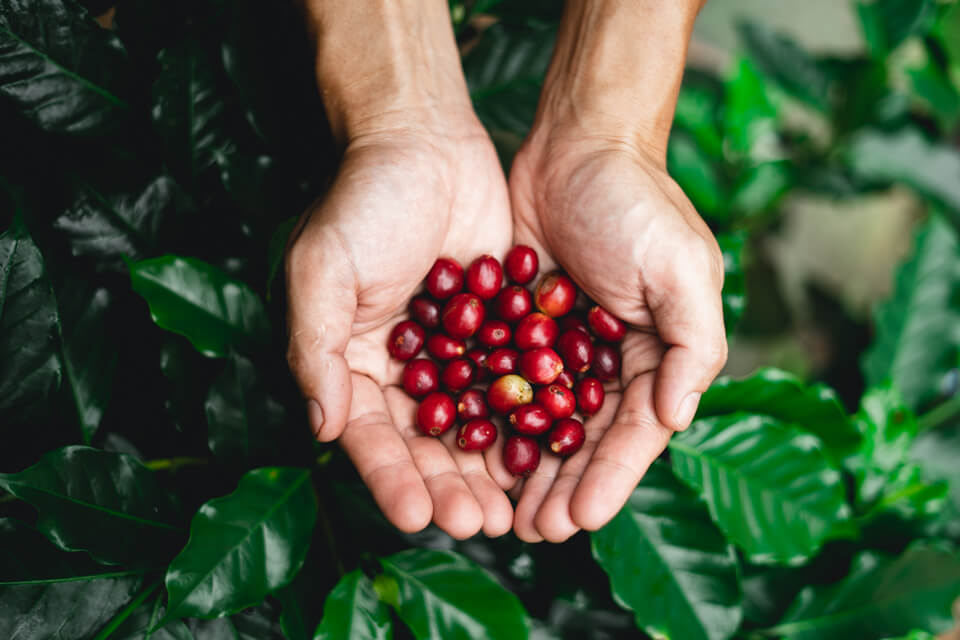
For us, knowing the origin of the coffee and the transparency of the entire chain is very important to ensure both quality and sustainable origin. We meet with representatives of our sourcing companies and visit the countries of origin regularly. Over the past two years, visits have naturally been on hold due to the Covid-19 pandemic. However, in the fall of 2021, we were visited by Christian Lesage, a representative of Boncafe, which is the export company in our largest origin country Honduras. We discussed with Christian about the previous and future coffee harvest season and the general situation in Honduras, e.g. political and Covid-19 situation in the country. We reviewed the availability of certified coffee and other sustainability-related projects. Farmers are pleased with the improved world market price for coffee, but at the same time their situation is being hampered by e.g. significantly higher fertilizer costs – there has also been a shortage of fertilizers.
For us, knowing the origin of coffee and the transparency of the entire chain is very important to ensure both quality and responsible origin.
Boncafe has long been active in development work the coffee growing communities. Among other things, they have built a new school building in the Marcala are with the help of the Fondazione Zanetti Onlus foundation. Last year, Boncafe agreed with USAID on extensive development work aimed at improving rural conditions in the coffee cultivation areas; improve employment and productivity in coffee cultivation and reduce emigration due to unemployment. The project focused on building new wet mills to the area. In Honduras, “washing” is a typical way to process coffee berries. In this treatment, the pulp is mechanically removed from the coffee berries, after which the coffee beans are either fermented and dried, or dried directly. The new wet mills are significantly more efficient than the old ones in terms of both volume and water usage. The volumes can be even quadruple, and water usage will be reduced by a quarter. The new processing plants will therefore increase the productivity of coffee processing and improve the quality of the coffee.
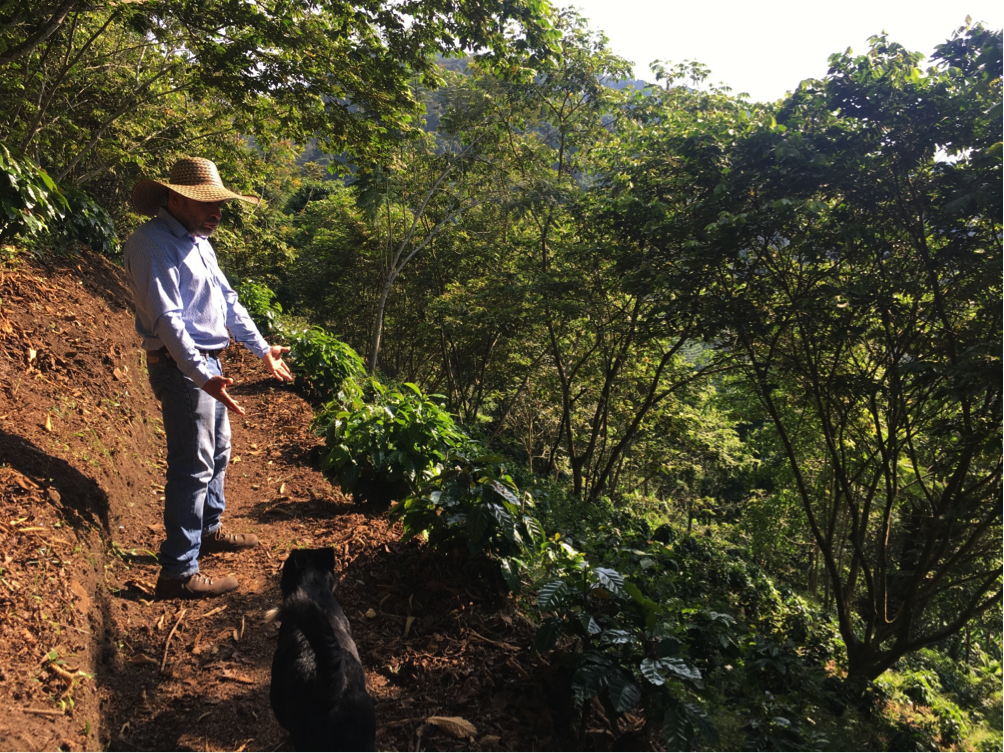
According to studies, most of the greenhouse gas emissions from coffee cultivation come from the manufacturing and use of fertilizers. Boncafe is very aware of the coffee cultivation climate effects, and they have e.g. piloted the use of organic fertilizers. The most effective way to reduce the use of chemically produced fertilizers is probably both to optimize the use of fertilizers, which requires a lot of training among farmers, and to combine organic and chemically produced fertilizers.
We launched the first traceable coffee in Finland
During 2021, we launched several interesting and responsible products. At the beginning of the year, we brought e.g. a new member to the Kulta Katriina Plus functional coffee range. Kulta Katriina Plus Smooth is a Rainforest Alliance -certified low acid coffee.
In autumn, we launched a blockchain traceable, certified Segafredo Storia coffee, with which we want to describe coffee as a valuable raw material that requires work from several top professionals along the way to the cup. The story of Segafredo Storia opens with the help of the farmer connect® QR code found on the packaging. It directs the consumer directly to the ThankMyFarmer™ website, which tells the user, for example, what variety of coffee they are buying, where the coffee has grown and which farms have grown it.

Towards recyclable packaging
Packaging development also plays an important role in our sustainability work. Our goal is that by 2030, all Meira’s packaging will be recyclable, made from recycled or renewable materials. In 2021, 42% of all our packaging met these criteria (based on the volume purchased). All our packaging can be sorted into either glass, cardboard, metal, or plastic collection, but many packages still contain either aluminum or so-called multilayer structures, making them difficult to recycle into new materials. Regarding coffee, our packaging development work focuses on the testing of so-called monomaterials. Monomaterials are truly recyclable and thus meet the principles of a circular economy. Product development for these is very challenging and we are not ready yet. However, active development work is being done uncompromisingly towards our 2030 goal, e.g. in the form of production test runs.
Our goal is that by 2030, all Meira’s packaging will be recyclable, made from recycled or renewable materials.
As part of our packaging development work, we are also constantly looking for opportunities to reduce the use of materials. Last year we were e.g. able to reduce more than 10,000 kg of plastic from the hoods of coffee trays. This equates to over 2 million plastic bags!
Priorities for 2022
The year 2022 is a big milestone for us in terms of green coffee, as our goal is to achieve 100% sustainable verified or certified green coffee flows by the end of the year. This milestone has been on our target maps for over 5 years and a lot of work has been done by our sourcing, quality and product development team. We will continue to work uncompromisingly on quality and product development for coffee; we develop novelties loved by our consumers and ensure the great product quality with our professional team.
Marleena Bask
Director, Strategy and sustainability
